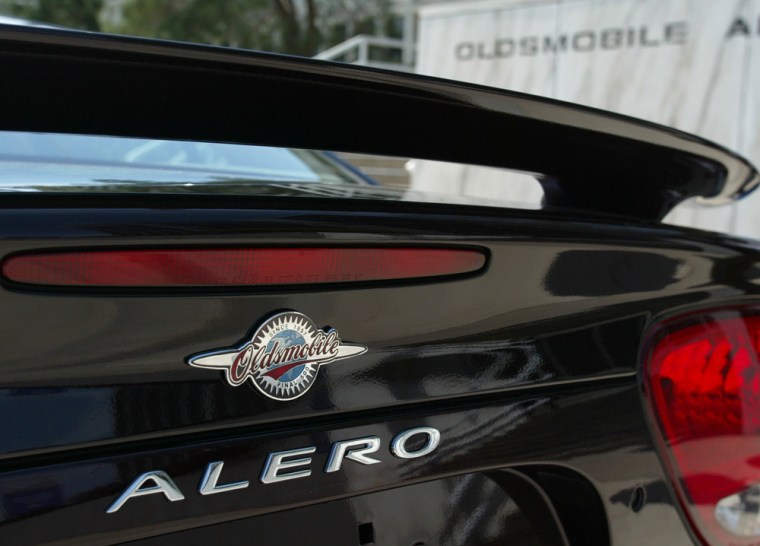Image is almost everything in the automotive business. If a car has a musty, old-fashioned aura surrounding it, it could turn off a would-be car buyer. As a general rule, the more appealing the car is, the stronger its sales.
That’s why five years ago General Motors announced plans to discontinue its aging Oldsmobile brand, at the time, the oldest surviving make of automobile in U.S. history with 107 years of car production under its hood. Oldsmobile no longer represented the vigorous confidence of America. Names like the Toronado and the Aurora, which in their glory days may have sounded bold and flashy, would fail to get twenty-first century pulses racing.
Now a handful of other well-known American automobile brands could be destined to follow the Olds to the great scrap yard in the sky.
With Detroit facing continued erosion of its U.S. market share by Asian and European automakers, and also a crippling healthcare bill for their U.S. workforce and pension costs for retired workers based on out-of-date agreements they can no longer afford, it’s generally thought amongst industry observers that Ford and GM need to pare down their bloated stable of car brands, many of which overlap, lack identity and fail to grab the attention of younger car consumers.
Last year, GM Vice Chairman Bob Lutz warned that the automotive giant may phase out one of its weaker car brands if sales fail to meet projections. Buick and Pontiac appeared to be leading candidates for the chopping block, as Lutz described the two brands as “damaged” due to lack of investment over the years, adding that GM is working to correct that with an array of new vehicles coming to market.
Vehicle buyers certainly seem to be turning away from GM’s more established names. The company said recently that lower demand for brands like Chevrolet, Pontiac and Saturn drove domestic sales down 14.3 percent in March from the same period one year ago. Chevy, the automaker’s top brand by volume, saw sales slip roughly 15 percent during the month, while GM’s Pontiac, Saturn and GMC brands all posted sharp sales declines.
Automotive analysts have said for years that U.S. automakers like GM have too many brands to support. Sales for both Pontiac and Buick have lagged in recent years, and with Ford’s Mercury and Lincoln brands also struggling, many have questioned whether they can survive in the long term. An elimination of any one of these car brands would likely mean plant closings and significant layoffs.
“Detroit needs to increase its competitiveness by focusing on things it does well, like Ford’s F-Series pickup trucks, and they need to discard brands that have outlived their usefulness, like Buick, Mercury and perhaps Pontiac,” said Daniel Gorrell, an automotive analyst at Strategic Vision, a research and consulting company.
With U.S. car companies like GM, with its eight U.S. car brands, including Chevrolet, Hummer and GMC, Detroit has allowed itself to fall into decline by trying to maintain their size, but not supporting all their product lines Gorrell said.
“They should have realized that they need to get real about their situation and need to focus on one thing and do it well,” said Gorrell. “Toyota can cover the U.S. market adequately with three brands — the Scion, Lexus and Toyota, but GM is struggling to do it with eight,” he added.
It’s not just U.S. car brands that appear to be teetering on the brink.
In Asia, Japan’s Isuzu and Mitsubishi have seen a dramatic decline in their U.S. market share in recent years. And in Europe, Saab and its Swedish counterpart Volvo have struggled since falling into U.S. hands. Click on the link below for a slideshow of car brands now on life support and vote for the one you think is most doomed.
